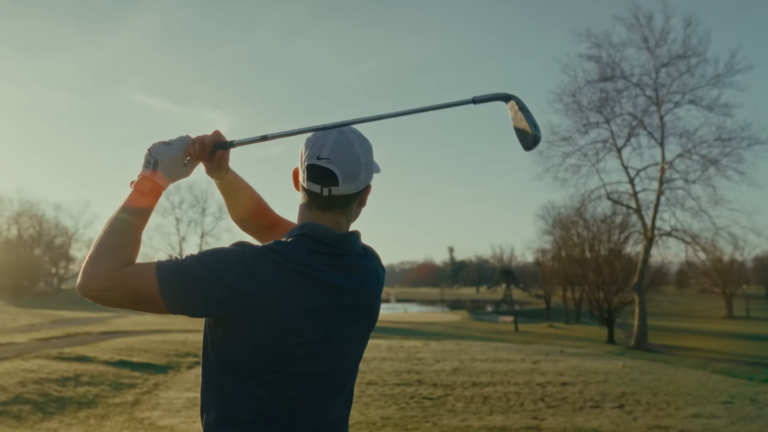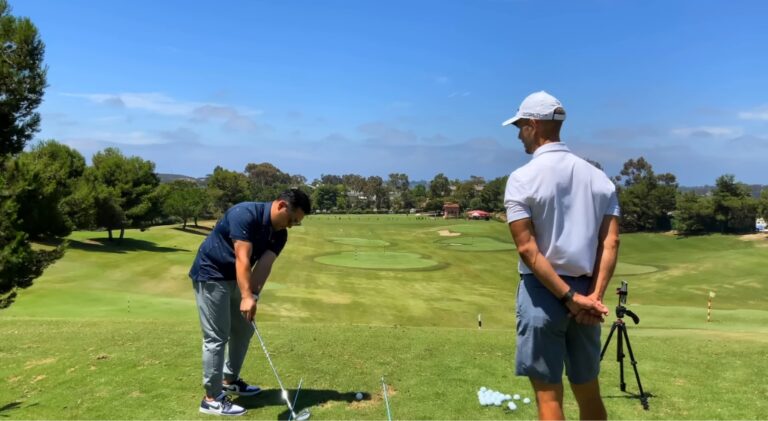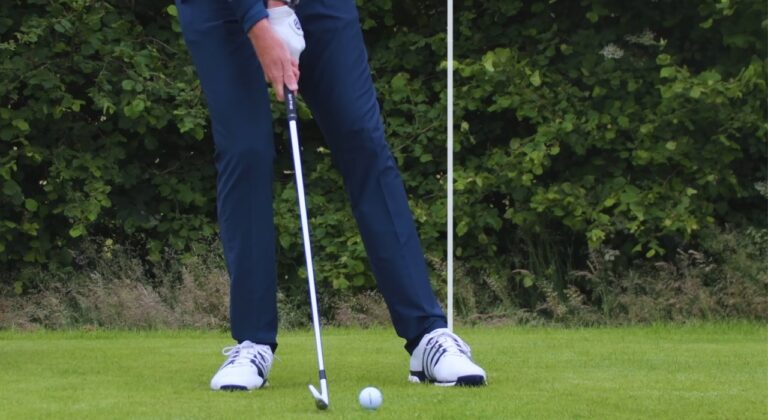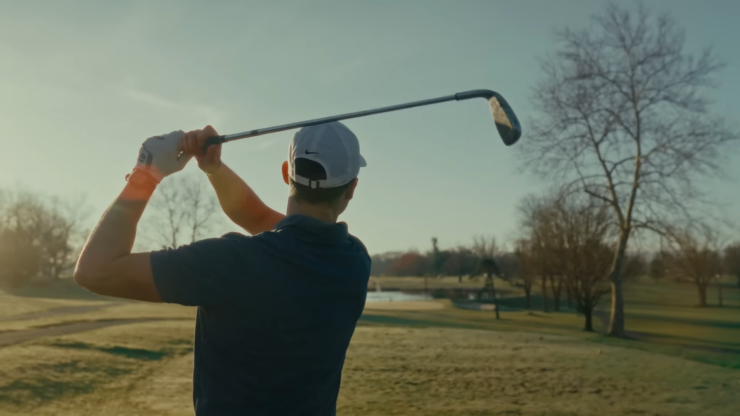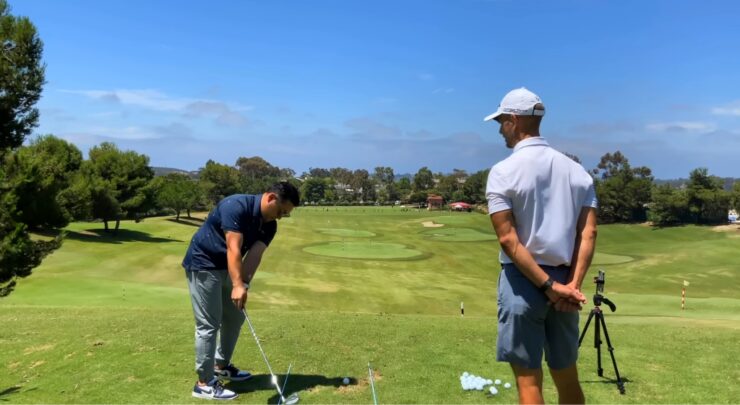When you’re starting out in golf, everything is overwhelming. You have to figure out how to play, how to act, and even what you’re supposed to do when you get to the golf course.
The point is, there is a lot to take in and not much time.
During your first year or two of golf, you’ll hear facts, which are actually opinions, from everyone you encounter.
However, it’s important to remember the source of what you’re hearing. At the end of the day, you’re looking to establish a solid foundational base for your skills and knowledge of the game.
Bad Habits Require More Work Later
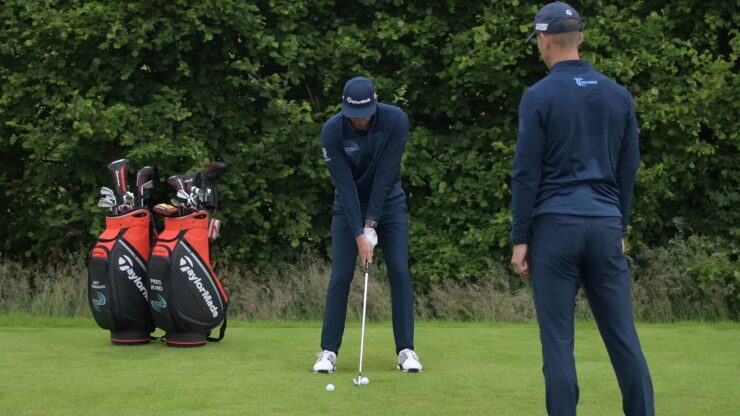
Your swing will inevitably have flaws as a beginner. There isn’t a golfer in the world who picked the game up and had immediate success, not even Tiger Woods.
The process is slow, but improvement will be notified every time you hit the range.
At this point in your “career”, distance and control are not as important. What is important are things like grip, how to stand, and getting used to how a proper swing feels.
If you go to a place like BirdGolf School, it gets imprinted early. If you try to do it on your own, early mistakes will require major adjustments later on.
Building a Solid Foundation Base
If you learn things the right way, it’s easier to expand on. Learning to chip with your pitching wedge is easiest. Once you’ve mastered that method, you can move on to sand and lob wedges.
If you try to begin with one of those, you develop bad habits. Starting with the easier club provides a skill base that you can add to as you improve.
Consider the Source of Your Instruction
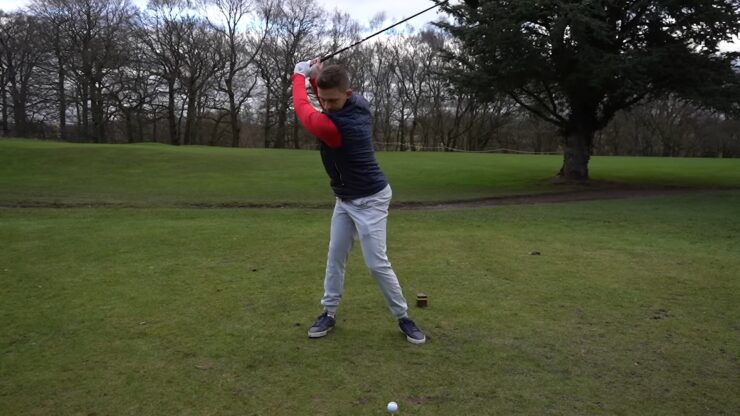
Most people get into golf by going with their friends. These friends have played for a while and are of varying skill levels. If your friend has been playing for 10 years and still shoots 90 or worse, maybe don’t go to them for advice.
Beginner golfers want to explore professional options, such as an inclusive education experience. These avenues will teach you everything you need to know as a beginner golfer.
You’ll focus on the things we discussed above—the ones that will help you pass your friends that have been playing much longer than you have.
Going Slow is Okay
When you try to move quickly, you will make mistakes. Everything you do as you learn golf should be for a purpose.
Confidence is Key

It takes years to become a skilled golfer, and much like playing a 5-hour round on a Saturday afternoon, it takes patience. Be confident in the fact you are learning to play golf properly and will excel will continued effort.
Whether you go it on your own or enlist the help of a place, avoiding the unsolicited advice of strangers will always help. Golf is a great community, but not always the wisest.
Every player in the world has things they strongly believe in that might not be true or the best advice for your game. While intentions are pure, they could be damaging.
Keep your mind clear, seek professional instruction, and build that confidence up until you’re hitting it 270 down the fairway.
Using Incorrect Clubs
One of the most common mistakes that almost every beginner golfer does is to pick the wrong clubs for their match. They commit this before swinging the club, and we understand the matter completely.
When you are playing golf for the first time, the initial days are like a nightmare for some. This is especially the case when it comes to golf equipment.
The first few days, you will have a tough time in picking the right clubs.
Though, we recommend understanding your clubs sooner, so that you can do the job quickly. This way you will get a fitted set of clubs that would be an ideal choice for you.
This is a game where blaming the tools works well. You can get an idea of how clubs work by visiting a professional showroom. They will help you pick the right one for you.
Incorrect Tees Playing
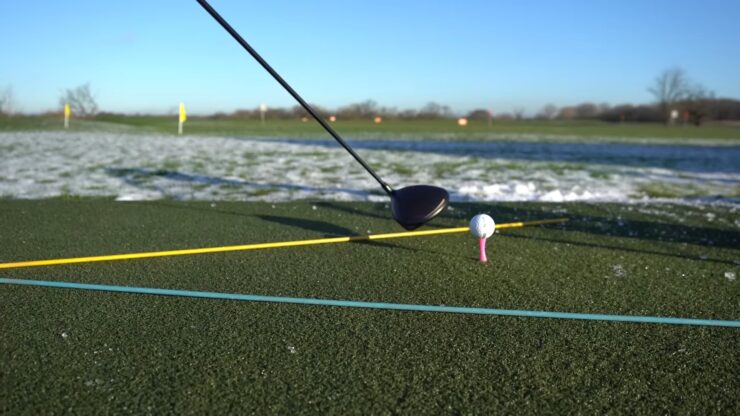
You cannot succeed in a game without being competitive, and so you should set some realistic goals for yourself. This will help you test your skills and see where you are at with the game of golf.
The ultimate test of golfing skills according to us is by playing the back markers off.
Additionally, if you are a beginner, playing the tips off may result in a slog at some point in time.
On the contrary, by playing the forward tees, you will get to enjoy shorter rounds. This is one of the tricks that several accomplished players abide by, for outstanding results.
Difficulty Faced While Gripping The Club
A reliable and good golf grip will help you deliver the club square to the desired target with an impact.
There are three different types of grips that beginners should have knowledge about. They are interlocking, overlapping and the baseball style.
Though, when it comes to gripping a club, there are no standards about a right or a wrong grip. The newcomers can still get confused about the grips when they have just started with golf games.
Improper Alignment
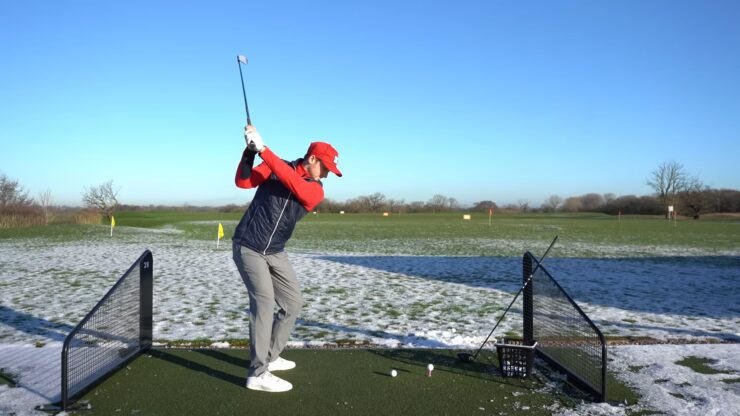
When it comes to hitting the square, alignment is the key.
Having said that, if you practice incorrect alignments, you will not be able to achieve the targets ever.
The pros also slip in bad habits sometimes, and this is why they have developed this at the time of practicing.
You need to get the basics right to be a champ.
At times beginners do not aim at their targets and they make a mistakes at the first step itself. The most common mistake done is being left too far.
Tight Grips
Another common mistake that golf beginners make is, gripping the clubs too tight. The grip sounds very simple, but it is not that simple for many.
Many are tracked back when it comes to holding the club. Too light a grip is a problem and a too tight one is as well.
Hence, during your practice, you should know what grip would be ideal to achieve targets.
What should a first-time golfer know?
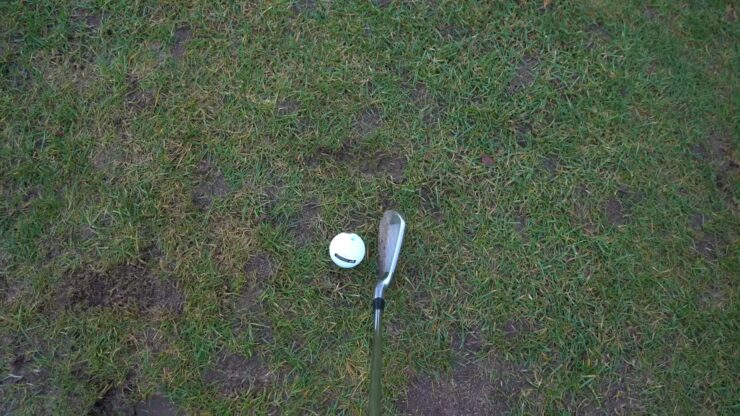
There are a few basics that every golfer should know before hitting the green.
- Understand the basic rules of golf
- Get a good grip
- Hit the ball straight
- Play to your strengths
- Take practice shots
1. Basic Rules of Golf:
The following are the basic rules of golf.
1. A golf ball is a round, spheroidal object made of rubber, cloth, or other materials.
2. The clubface should be perpendicular to the ground when the golfer makes contact with the ball.
3. The golfer should hit the ball as straight as possible.
4. Hitting a higher club than necessary will cause the golfer to hit below their actual swing path, resulting in an inaccurate shot.
5. It is important for a golfer to maintain balance and rhythm throughout their swing in order to generate power and control through the clubface and ball trajectory onto the green
2. Getting a Good Grip:
There are a few things you can do to improve your golf grip.
First, be sure to use a light grip. This means keeping your hands close to each other.
Second, make sure you have a tight fist.
Third, keep your fingers pointed straight ahead.
Fourth, keep your thumb down on the club and away from the middle of the club face.
Finally, don’t over-grip the club – try not to use more than half of your hand to hold the club.
3. Hitting the Ball Straight:
There are a few things you can do to help hit your golf ball straight.
One is to adjust your stance. If you’re hitting the ball too far forward or too close to your body, altering your stance can help.
You can also try raising or lowering your clubface.
And finally, you can try to aim your shot a little higher or lower than normal.
4. Beware of Your Strengths:
One of the best ways to improve your golf game is to focus on playing to your strengths.
There are a number of things you can do to improve your accuracy, distance and putting by focusing on these areas.
5. Take practice shots
Practice shots are an important part of golf, and there are many benefits to shooting them regularly.
By practicing regularly, you can improve your swing, ball striking, and overall game. Here are a few reasons why practice shots are so important:
1. You Can Improve Your Swing
One of the most important benefits of shooting practice shots is that you can improve your swing. By working on your swing repeatedly, you can fine-tune it until it’s perfect.
This will make it easier for you to hit the ball in all conditions and improve your overall game.
2. You Can Improve Ball Striking
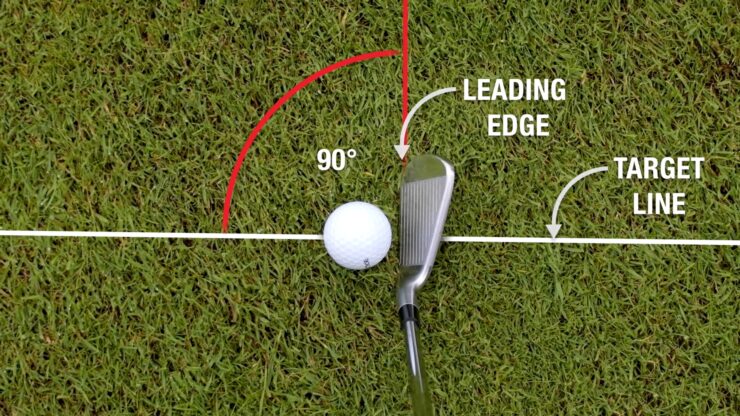
Another benefit of practicing your swing is that you can improve your ball striking.
When you can hit the ball consistently well, you’ll be less likely to miss short shots or chips, which will help you score more points in games or tournaments.
3. You Can Build Confidence
Shooting practice shots also builds confidence because it makes you feel competent on the golf course.
When you know that you can still perform well even after making a mistake, this will give you more confidence when playing in real competitions.
The Bottom Line
While starting out with the game of golf, you are likely to make mistakes. We have discussed a few mistakes from which beginner golfers should stay away to make sure they win games.
A lifelong devotee of the sport, Kane Franco serves as a Senior Staff Writer for Florida Elite Golf Tour. His expertise, coupled with a genuine desire to assist golfers in selecting the optimal gear, has led him to oversee a team of writers dedicated to providing the most precise and insightful reviews and purchasing guidance.



